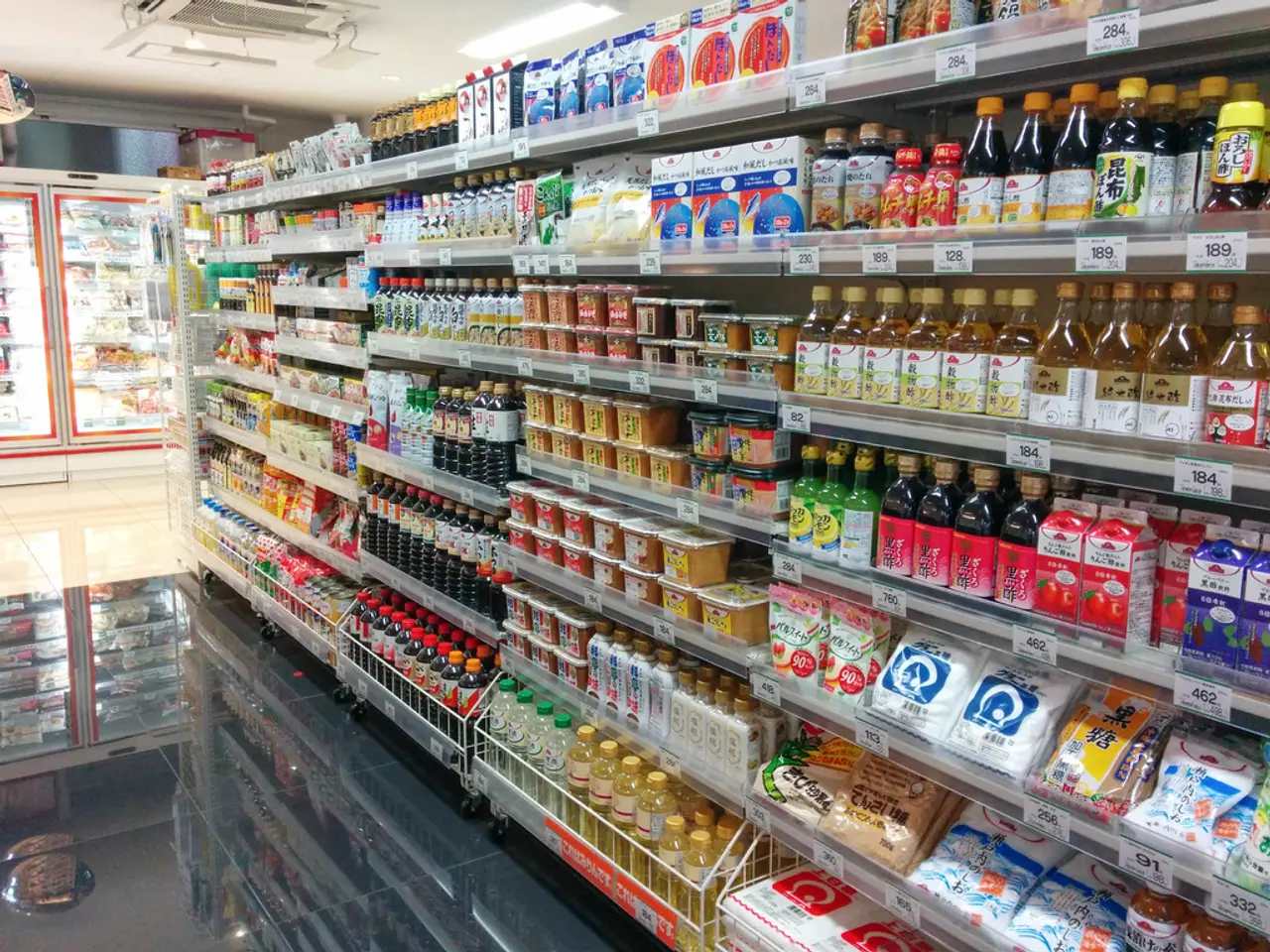Steel giant ArcelorMittal advocates for financial aid rather than embracing change.
"ArcelorMittal Spurns Plans for Green Steel in Germany, Raises Eyebrows"
ArcelorMittal, a corporate heavyweight within the global steel industry, is putting the brakes on its green steel production conversion plans in Germany, even forfeiting previously secured billion-dollar subsidies. Geert van Poelvoorde, the CEO, attributes this decision to the eye-watering energy prices in Germany compared to the rest of Europe, deeming the green steel transition economically unfeasible.
Now, when a major player like ArcelorMittal pulls out, the political motives swirling are hard to ignore. On one side, we've got the ecological transition challenges and high energy prices that have been on our radar for quite some time. On the other hand, we've got a corporation that's rolling in the dough, with last year's revenue standing at a haul of 1.3 billion euros, despite a temporary dip due to worldwide overcapacities.
The timing of ArcelorMittal's decision is what sets off alarm bells, suggesting a potential play for energy price subsidies from the incoming federal government. Budget-friendly electricity without the need for a massive transformation seems like a dream come true for Katharina Reiche, the Federal Minister of Economics from the CDU, whose mantra is "cheaper energy over climate action."
** digging deeper **
Diving into ArcelorMittal's decision, it's apparent that financial calculation and political critique intertwine, creating a complex picture.
- Exorbitant Energy Costs: ArcelorMittal complains about steep electricity prices and the unclear political landscape surrounding energy policies in Germany. They argue that without a predictable and affordable electric power supply, the shift to hydrogen-based green steel technology becomes financially unsustainable. Ongoing energy policies, including Germany's energy transition, renewable energy expansion, and nuclear phase-out, have contributed to price volatility in the energy market, making green steel investments unattractive.
- Uncompetitive Hydrogen Economics: Despite subsidies, the cost of hydrogen and associated technologies remains high relative to the expected returns, hindering the company's progress under the current conditions.
- Market Volatility: Weak steel demand in Europe, combined with challenging market conditions, further dampen the business case for green steel projects. ArcelorMittal emphasizes the necessity of a solid steel demand base accessible to European producers to validate such transformative ventures.
- Strategic Focus Shift: Politically and economically, ArcelorMittal gravitates towards countries with more stable and competitive energy frameworks, such as France. The company sees France as an attractive alternative due to its better energy cost profiles and policy certainty, questioning Germany’s current energy policy landscape.
- Contractual Termination: The agreement with the German government required construction to commence by June 2025 to secure subsidies. Unfavorable market and policy conditions forced ArcelorMittal to officially withdraw before the deadline, casting doubts on the expectations held by German policymakers.
Overall, ArcelorMittal's decision signifies more than just number crunching. It represents a political critique of Germany’s energy policies, market conditions, and industrial strategy, and the company seeks a policy environment with stable, affordable energy and clear support for hydrogen economics, which it finds lacking in Germany, despite subsidies. This has led ArcelorMittal to consider other countries like France that meet these criteria, taking potshots at Germany's energy policy landscape in the process.
- ArcelorMittal's decision to abandon its green steel production conversion plans in Germany, even forfeiting subsidies, could signal a shift in focus towards countries with more stable and competitive energy frameworks, such as France, due to better energy cost profiles and policy certainty.
- Financially, ArcelorMittal finds Germany’s energy policies and industrial strategy lacking, as high energy prices, the unclear political landscape surrounding energy policies, and the cost of hydrogen and associated technologies relative to expected returns pose challenges to the company's progress towards green steel production in Germany.




